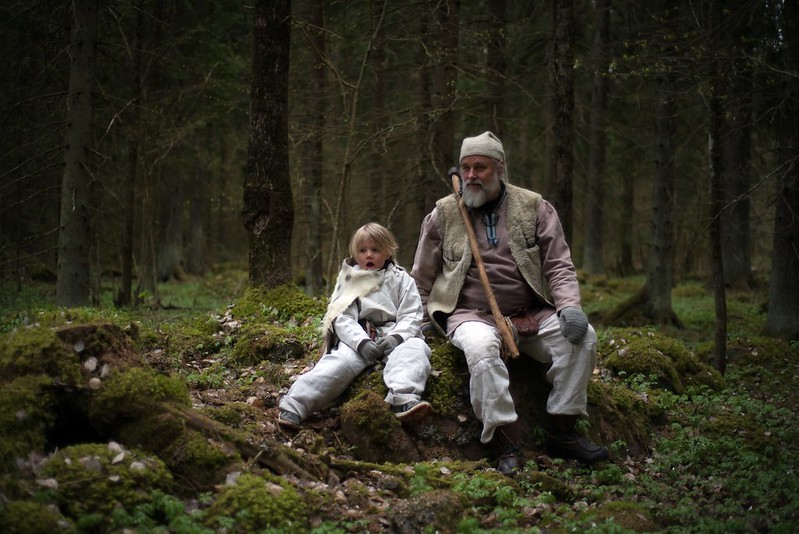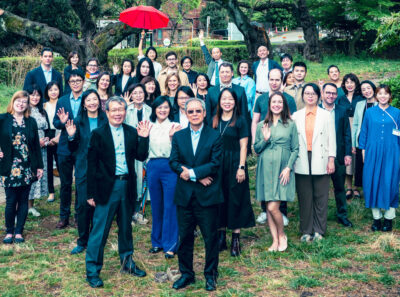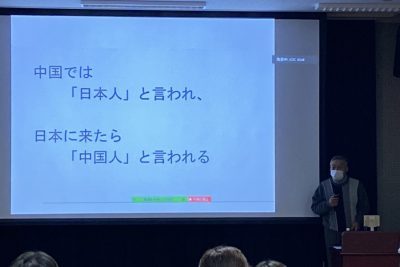Biodiversity in the face of an aging society and shrinking population

In many regions of the world, populations have grown older and fertility rates have declined, leading to populations that are shrinking and aging simultaneously. Globally, people older than 65 constitute the fastest growing segment of the population. Though global population growth has always been central to debates over sustainability (e.g., the conversion of forestland into agricultural land, food security, etc.), what we are experiencing now it is likely to change this conversation. Indeed, we need to embrace the opposite situation in which pressure on the environment is declining as a result of societal aging and a shrinking population, resulting in a similar decrease in pressure on provisioning ecosystem services such as food and other natural resources. Societal aging will also bring about a higher appreciation of cultural ecosystem services such as aesthetic value, identity, inspiration, and the ability of natural environments to foster personal wellbeing and mental health. In that case, how do we design new sustainability goals to address both changing demographics and changing people’s needs and the as-of-yet slow progress in biodiversity protection? Biodiversity integrity is a one of the planetary boundaries that has been transgressed, with genetic diversity in particular at high risk.
In the face of an aging society and shrinking population, I think there is both a large challenge and valuable opportunity ahead of us when it comes to planning for long-term biodiversity conservation as well as future society. At Tokyo College, I have started identifying possible directions to take with regard to nature conservation and its role in sustainable development.
Changes in the available financial and human resources for nature conservation work and technological growth will be an additional set of factors leading to a need to rethink current nature conservation strategies for the future. Aging and shrinking populations are expected to offer opportunities to achieve some targets associated with SDG14 (Life under Water) and SDG15 (Life on Land) albeit with some financial challenges, as well as both opportunities and challenges to meet SDG13 (Climate Action) (Jarzebski et al., 2021). I hypothesize that the aging society and shrinking population will change conventional approaches to nature conservation.
Some preliminary evidence from current research suggests that there is also more pro-environmental behavior evidenced among aging members of the population. Taking part in nature conservation works on a voluntary basis, as well as doing activities in nature, helps to foster a more collective identity and improve personal well-being. In order to maintain the mental and physical health of a population, especially for the elderly, we need to rely on ecosystem services such as access to green spaces in urban areas and pristine nature. The recent COVID-19 pandemic made it clear that we need a space with which we can escape from home isolation. For older people, who are often living alone, the need for immersion in nature is even more crucial.
With the ever-progressing aging and shrinking of the population, on top of climate change, I do not think we can fully stop the loss of biodiversity, but I believe we can slow it down and give it more space for regeneration.
The future well-being of the human population depends heavily on biodiversity, and we should maximize the opportunities related to making the demographical changes rather than seeing them as a major concern.
Reference:
Jarzebski M.P., Elmqvist, T., Gasparatos, A., Fukushi, K, Eckersten, S., Haase, D., Goodness, J., Khoshkar, S., Saito, S., Takeuchi, K., Theorell, T., Dong, N., Kasuga, F., Watanabe, R., Sioen, G.B., Yokohari, M., Pu, J. (2021). Ageing and Population Decline: Implications for Sustainability in the Urban Century, npj Urban Sustainability 1 (17). https://doi.org/10.1038/s42949-021-00023-z








